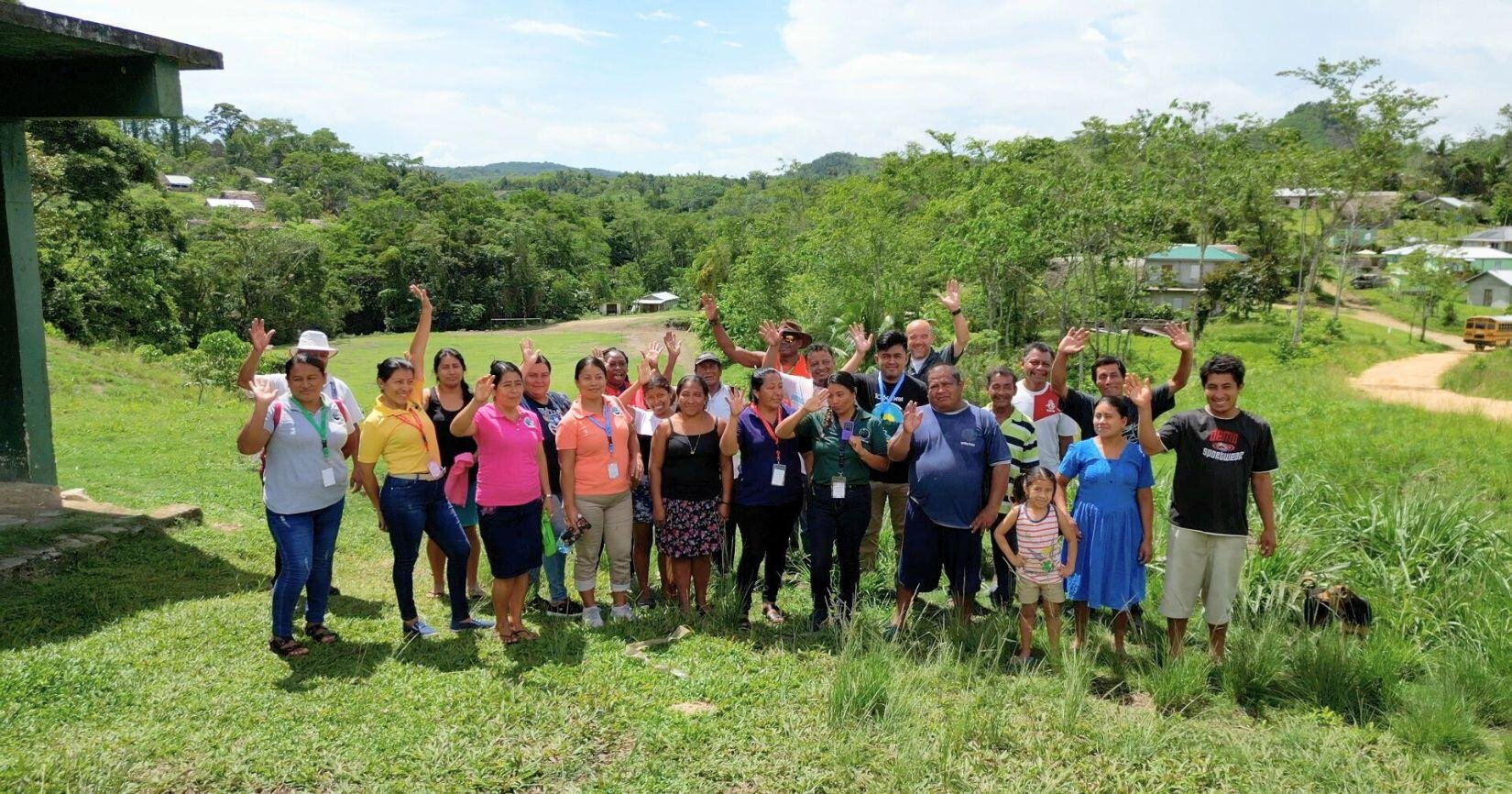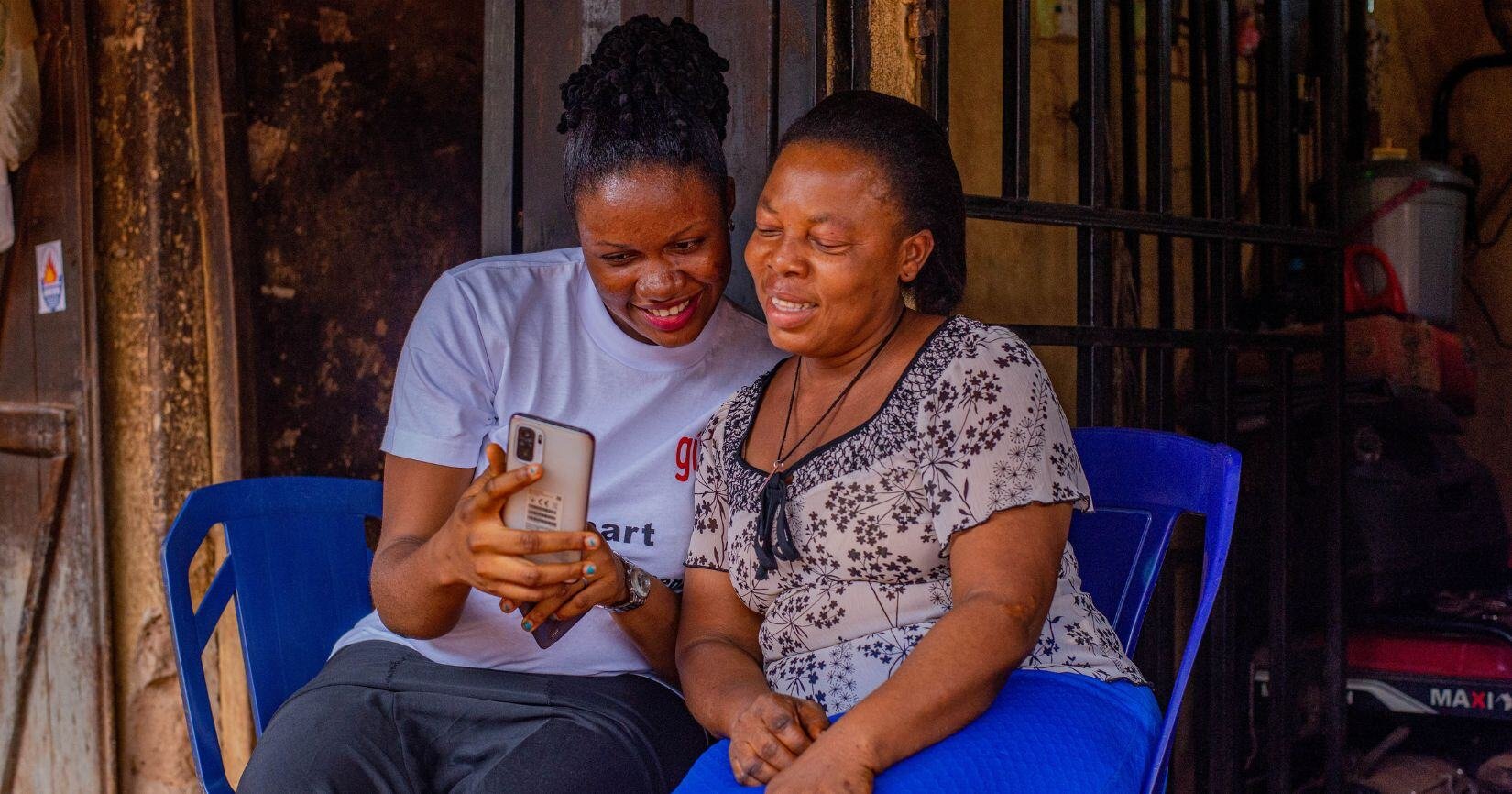
WhatsApp Transforms Health Education for Nigerian Women

Imagine a health crisis hidden in plain sight—millions of women unable to access essential health information simply because they cannot read. This reality is especially stark in Nigeria's southeastern urban slums, where illiteracy intersects with poverty, creating significant barriers to wellbeing and empowerment.
In response to this critical issue, Audiopedia Foundation partnered with RedAid Nigeria and the German Leprosy and Tuberculosis Relief Association in an innovative project designed to deliver essential health education through a tool already widely embraced by communities—WhatsApp.
The Invisible Crisis: Illiteracy and Health
In Nigeria, illiteracy rates among women can reach 64% in rural areas and around 26% in urban slums. These high rates of illiteracy directly translate into a lack of access to vital information on health, hygiene, maternal care, and disease prevention. Conventional health communication methods—print materials, posters, or even SMS-based messages—often miss their mark entirely with non-literate populations, further exacerbating health disparities.
Why WhatsApp?
WhatsApp isn't just a popular messaging app; it's a lifeline in the Global South. With over 90% smartphone penetration in urban areas and widespread familiarity even among semi-literate and illiterate users, WhatsApp is an incredibly effective medium. Voice messages, in particular, offer an intuitive and straightforward way to disseminate vital information, bypassing literacy barriers entirely.
The Intervention: Audio for Accessibility
Our strategy was simple yet powerful: develop culturally tailored, locally translated health content delivered through WhatsApp voice notes. We created clear and concise audio messages in Igbo, addressing critical health topics such as maternal health, sanitation, hygiene practices, and disease prevention. Community volunteers were trained not only to distribute these messages but also to guide women in accessing and utilizing WhatsApp voice messages effectively.
Measurable Impact: Knowledge Gains
The results from our project, documented meticulously, exceeded all expectations:
-
Before the intervention, only 47% of women had adequate health knowledge. After receiving health messages via WhatsApp, this figure surged to an astounding 98%.
-
Women quickly adapted to the platform, using voice messages to ask questions, seek clarification, and reinforce their newfound knowledge.
These findings weren’t just statistical improvements—they represented profound shifts in women's confidence, autonomy, and community participation. Health knowledge translated into tangible improvements in hygiene practices, disease prevention, and maternal health behaviors.
WhatsApp: A Tool Built for Scale
One of the most significant insights from our project is the inherent scalability of WhatsApp. Its ease of use, affordability, and extensive reach make it an ideal platform for rapid deployment across diverse communities. Moreover, WhatsApp’s end-to-end encryption ensures privacy, which is crucial for sensitive health conversations, particularly in communities where stigma or misinformation can otherwise discourage open dialogue.
Looking Ahead: Digital Inclusion and Empowerment
The success of our Nigeria project underscores the vast potential of digital audio tools to overcome longstanding barriers posed by literacy. WhatsApp and similar platforms aren't merely convenient; they are transformative, equipping marginalized groups with crucial knowledge and agency.
At narrowcast.it, we're committed to harnessing these digital solutions to drive sustainable development and inclusive health education globally. Join us as we expand our mission, empowering communities one voice message at a time.


